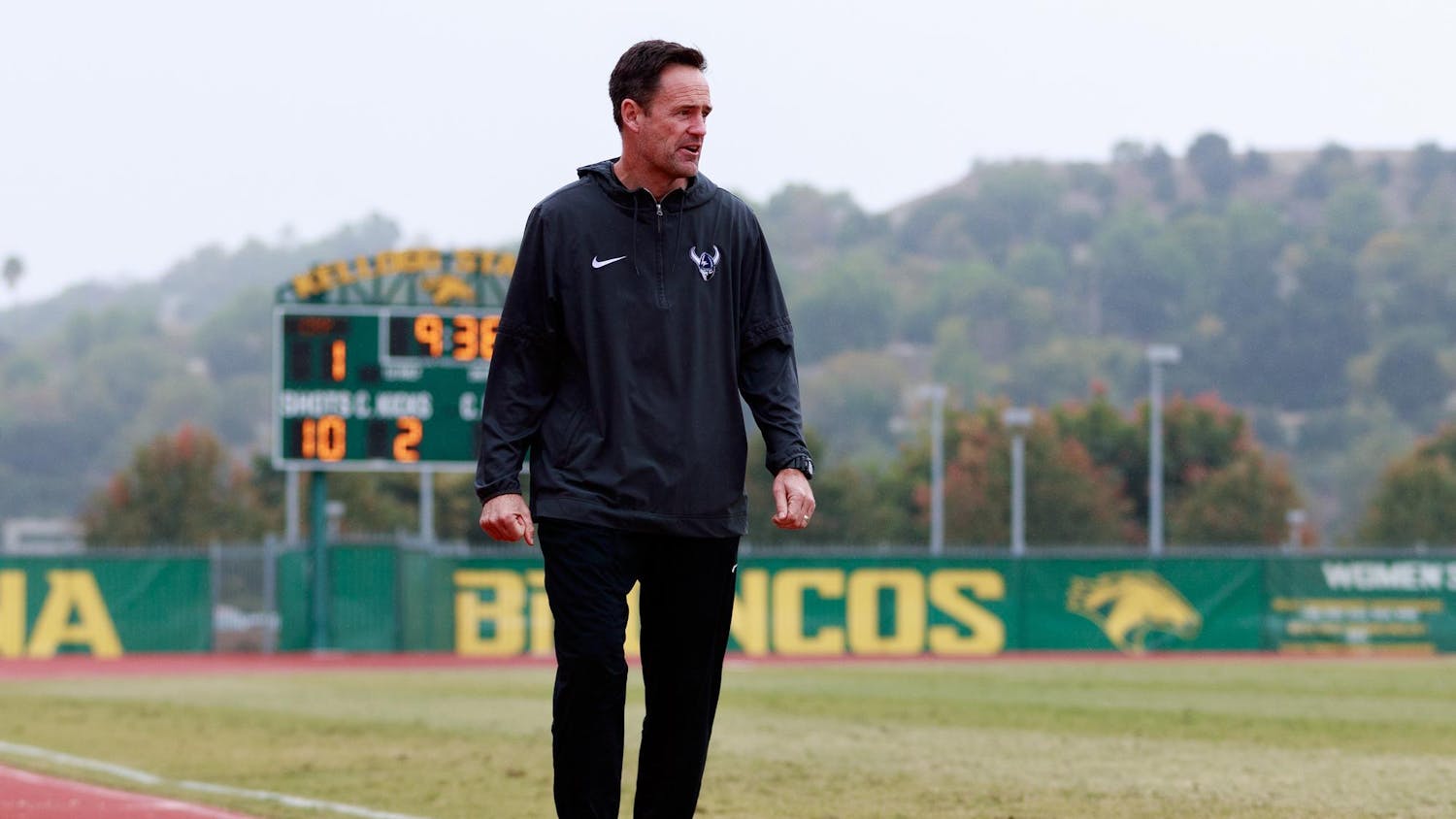The Western Front asked professors about the importance of sex in their field of study.

Craig Moyer,
Professor of Biology
How has evolution changed sex?
“I think the primary thing that’s changed is the advent of sex. Sex is generally tied with more complex organisms, it’s not exclusive to multicellular organisms, but we tend to think that we couldn’t have gotten to multicellularity if there wasn’t sexual reproduction along the way.”
What organism has the strangest reproductive method?
“Many of the tropical reef fish, they do what’s called parthenogenesis, and they change sex through a hormone change. So, a school of fish will all be females, and then there’d be one male, but then if the male dies or something happens to him, then one of the females will have a hormonal shift and then she’ll turn into a male within her lifetime… so they just swap when they feel the need.”

Kathleen Saunders,
Senior Lecturer of Anthropology
How often does the theme of sex come up in your field of study or class teachings?
“Often… I’m trying to think where [sex] might not show up. Even in cyborg anthropology, we talk about the technologies of the gendered body, so it’s everywhere. It’s part of being human.”
What is an example of a culture that has different attitudes or practices regarding sex?
“Here’s an example I actually gave in class this morning. We might think, based on Western hookup culture, that all males are interested in pursuing as much sex as possible. However, there is a large area of the world, specifically the Asian subcontinent of India, where they have a sex ideology of the lost semen complex. The idea here is that every sexual encounter takes a bit of the life force of the male and therefore absolute, wild, promiscuous, sex-on-demand is not their ideal.”





